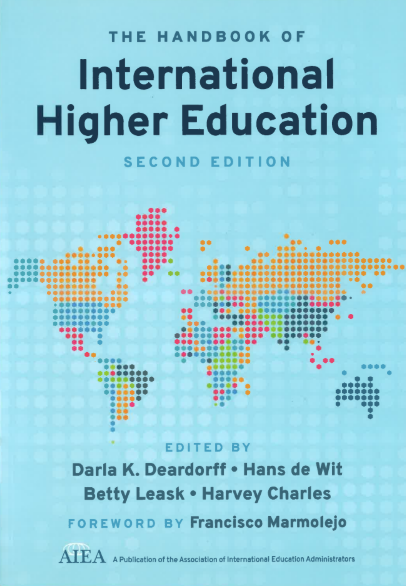
Toward a future agenda for the internationalization of (higher) education.
The social impact of universities on a global scale is a key feature of the evolution of higher education. The field of international education can no longer make the assumption that its work inherently produces positive results for all involved or that benefits from structured international programs are equitably distributed. There is a growing recognition of inequities in society and in higher education’s role in reproducing these inequalities. Internationalization has the potential to contribute to an increased shared understanding and global connectedness and could thereby be a way to work toward more equality. Internationalization of higher education has long been perceived as both a highly complex and contested concept, with its understandings being in constant flux across contexts and time. In the past several decades, higher education internationalization has begun to approach its maturity and has achieved spectacular outcomes, particularly in the unprecedented transnational mobility of students and academics, as well as research collaboration.
LeerDatos del Capítulo
Número de páginas
483-484
Nivel de privacidad
Público
Datos de los Autores
Autor
MAGDALENA LILIANA BUSTOS AGUIRRE